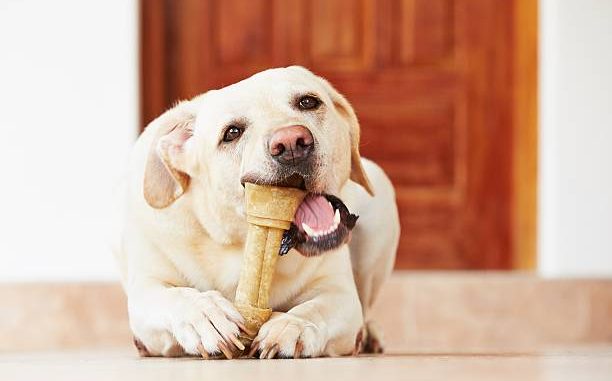
The domestication of dogs is one of the most captivating tales in the history of human-animal relationships. Spanning thousands of years, this journey from wild wolf ancestors to beloved household companions is filled with evolutionary, behavioral, and cultural nuances. In this comprehensive guide, we delve into the intricate process of dog domestication, tracing its origins, exploring its impact on human societies, and uncovering the scientific discoveries that continue to unravel this remarkable narrative.
Origins of Dog Domestication
The exact origins of dog domestication remain a subject of debate among scientists, but archaeological evidence suggests that it began tens of thousands of years ago. Genetic studies indicate that modern dogs are descendants of ancient wolves, with the domestication process likely occurring in multiple regions simultaneously. Early humans may have initially formed symbiotic relationships with wolves, leading to mutual benefits such as assistance in hunting and protection.
The Role of Natural Selection and Artificial Selection
Natural selection played a significant role in the domestication of dogs, as individuals with traits favorable to humans were more likely to survive and reproduce. Over time, this process led to genetic changes in the wolf population, resulting in the emergence of characteristics that distinguish dogs from their wild ancestors. Additionally, humans engaged in artificial selection, deliberately breeding dogs with desirable traits such as docility, friendliness, and specific physical features.

Behavioral Changes in Domesticated Dogs
Domestication not only reshaped the physical appearance of dogs but also influenced their behavior and social dynamics. Through selective breeding and human interaction, dogs developed a unique ability to communicate and cooperate with humans, forming strong bonds that endure to this day. From herding livestock to serving as loyal companions, dogs have adapted to a wide range of roles in human societies, showcasing their remarkable behavioral flexibility and adaptability.
ALSO READ: Unlocking the Secrets to Optimal Dog Oral Hygiene: A Comprehensive Guide
Cultural Significance of Dogs
Throughout history, dogs have held a special place in human cultures around the world. They have been revered as symbols of loyalty, courage, and companionship, featuring prominently in folklore, mythology, and religious beliefs. Dogs have played vital roles in various aspects of human life, serving as guardians, hunters, guides, and therapy animals. Their presence has enriched human communities and contributed to the development of countless cultural practices and traditions.
Scientific Advances in Understanding Dog Domestication
Recent advances in genetic research have provided valuable insights into the process of dog domestication. By analyzing DNA samples from ancient and modern dogs, scientists have uncovered genetic signatures of domestication and traced the migration patterns of early human-dog populations. Additionally, studies on canine behavior and cognition have shed light on the complex interplay between genetics, environment, and socialization in shaping dog behavior.
In summary, the domestication of dogs represents a remarkable journey of coevolution and mutual adaptation between humans and animals. From their humble origins as wolves to their status as cherished companions, dogs have left an indelible mark on human history and culture. As our understanding of dog domestication continues to evolve, so too does our appreciation for the enduring bond between humans and their faithful canine companions.
Through this comprehensive exploration, we gain a deeper understanding of the intricate process of dog domestication and the profound impact it has had on both human and canine societies. From ancient origins to modern-day companionship, the story of dog domestication continues to captivate and inspire, reminding us of the enduring bond between humans and their beloved four-legged friends.
Leave a Reply